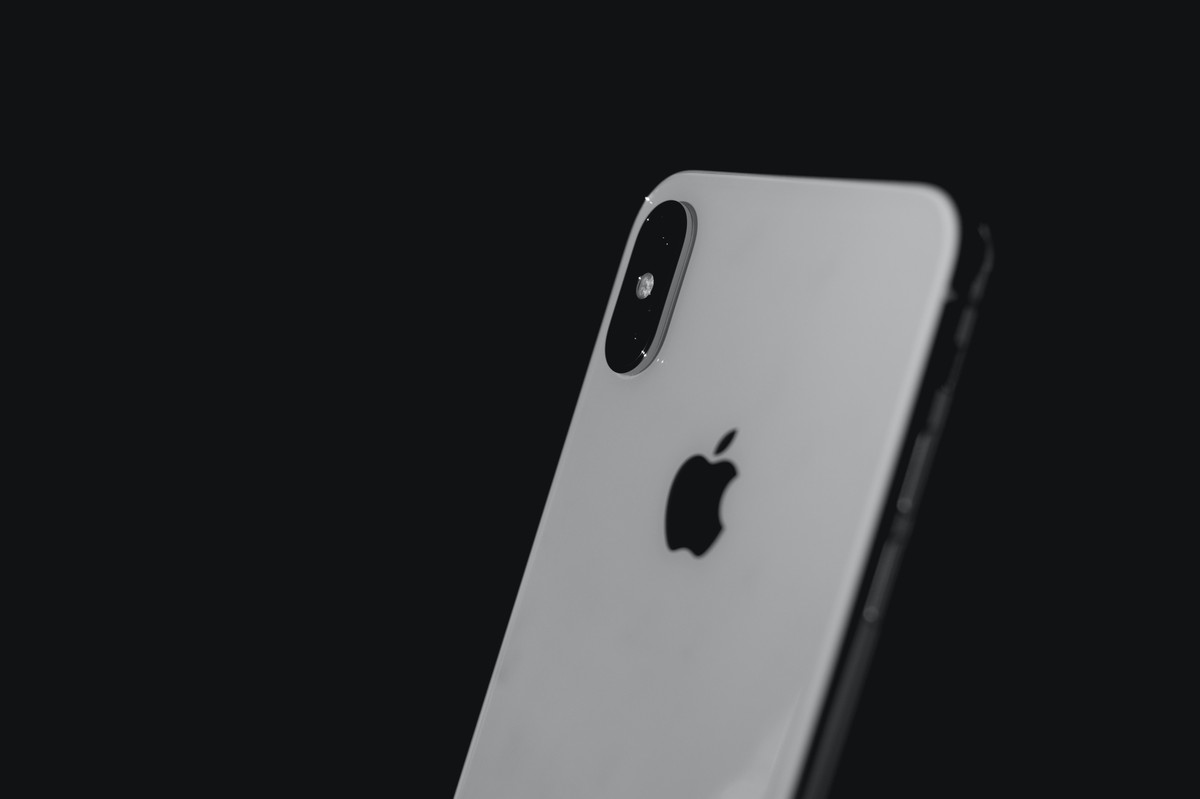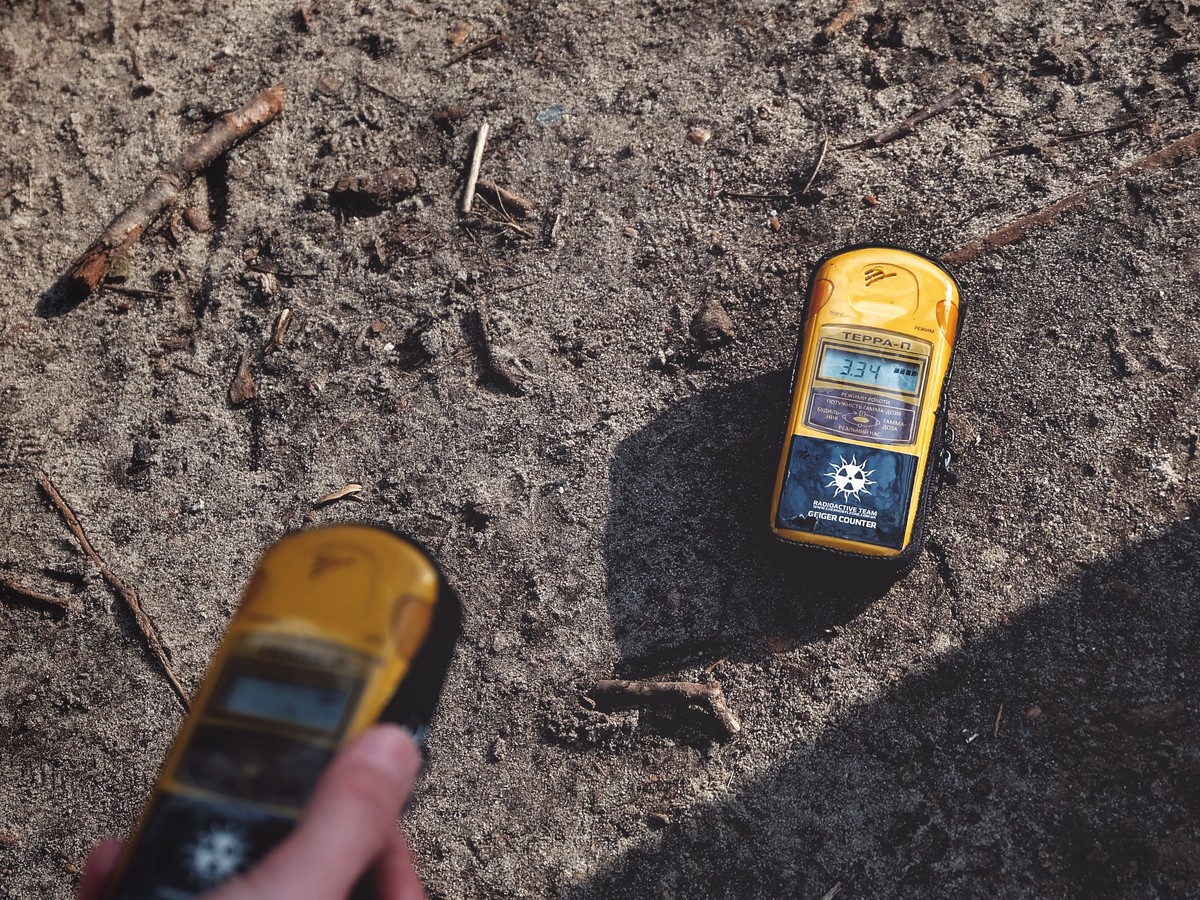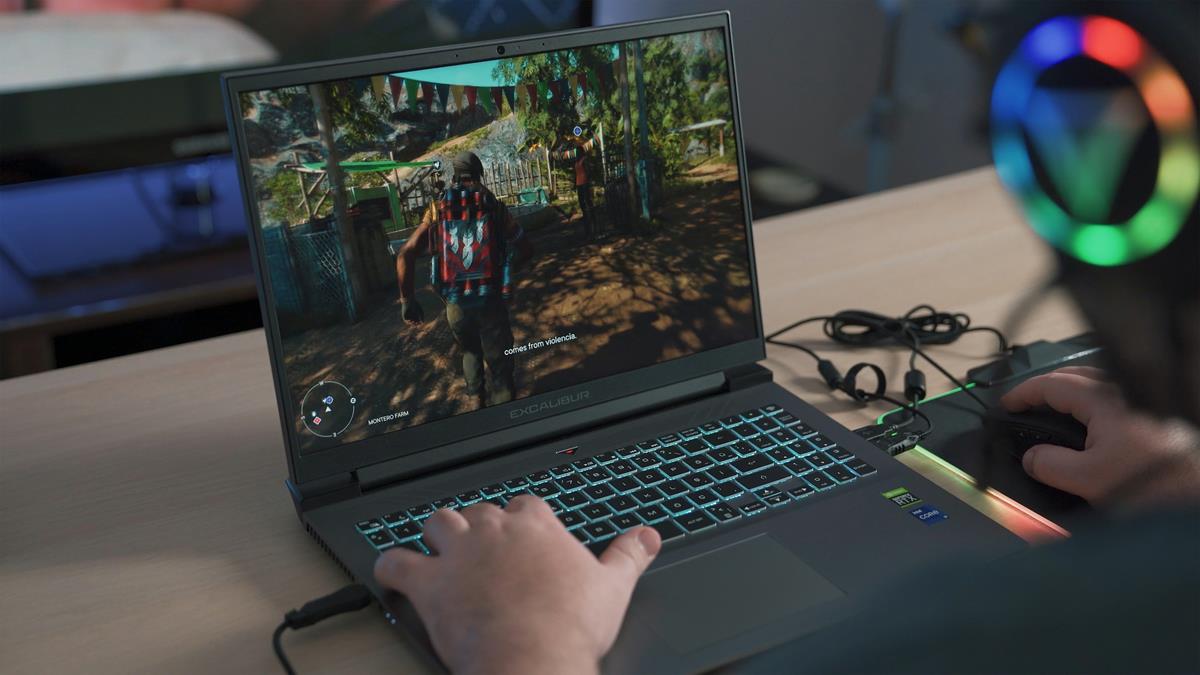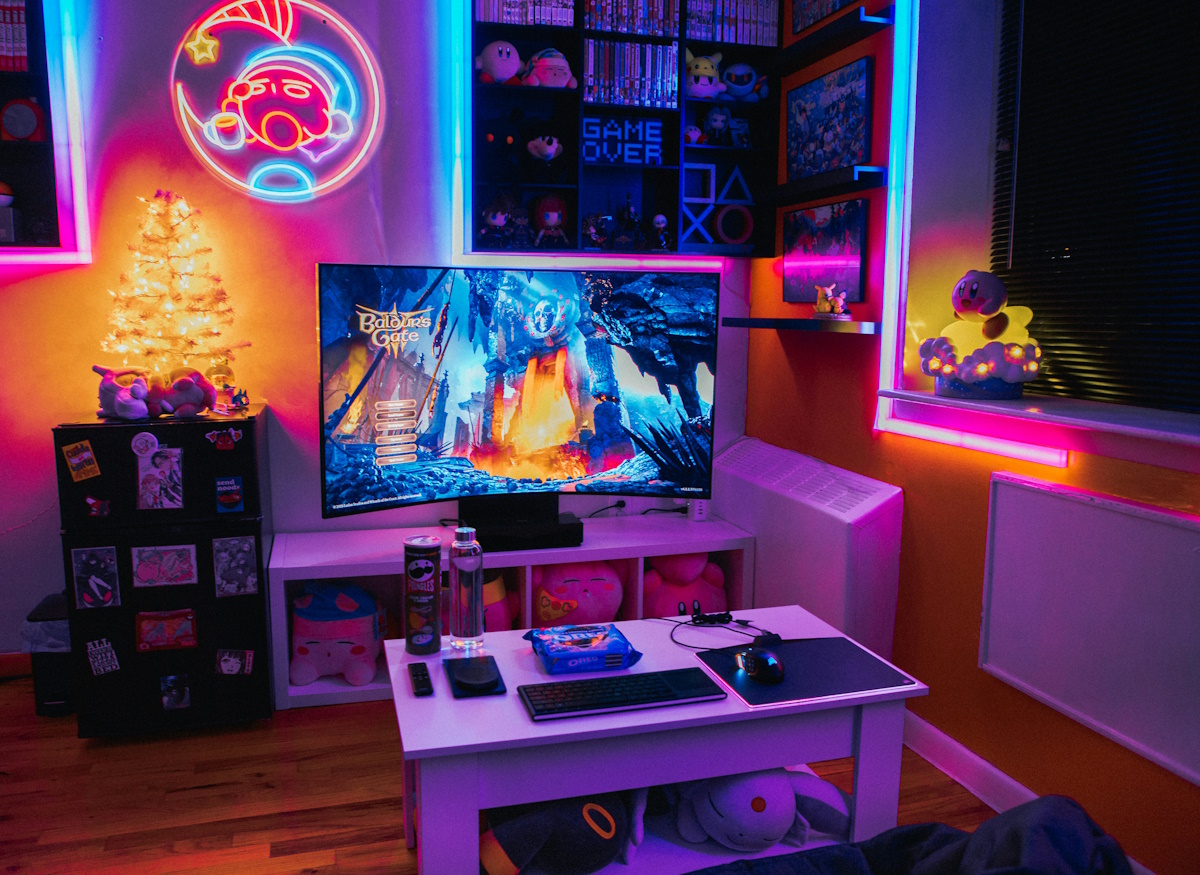France halts iPhone 12 sales due to radiation risks

The recent decision by French regulators to halt the sale of the iPhone 12 due to electromagnetic radiation level concerns has sparked a heated debate about the device's safety.
The French government agency responsible for managing wireless communications frequencies took action against the iPhone 12 after it failed one of two tests for electromagnetic waves capable of being absorbed by the human body.

iPhone 12 radiation levels are off the charts
Apple, which took the hype train behind it with the announcement of the iPhone 15, received a blow from France.
The failure was attributed to slightly higher than EU standard radiation levels. However, France's digital minister emphasizes that the iPhone 12's radiation levels are still considered safe and well below levels that could harm users.
Apple has provided numerous lab results, both from the company itself and third-party labs, demonstrating the iPhone 12's compliance with international standards for radiation.
Additionally, the company assures users that they can download an update to prevent radiation exposure from exceeding the limit.
Is France banning iPhone 12?
Yes, France has temporarily banned the sale of the iPhone 12 due to concerns over high radiation-emission levels. French regulators ordered Apple to stop selling this particular model because it was found to emit electromagnetic radiation levels above European Union standards for exposure.
As of now, the ban is temporary, and users of the iPhone 12 are advised to download an update that prevents radiation exposure from surpassing the limit.
The situation is being closely monitored, and further developments will determine whether the ban remains in place or is lifted in France.

iPhone 12 emits too much radiation, says the experts
According to experts, the elevated radiation levels observed in the iPhone 12 may be associated with the initial stage of connection when the phone is searching for a signal.
However, they emphasize that the potential risk to users is minimal, given the existing safety standards.
How much radiation is dangerous?
Ionizing radiation, such as X-rays and gamma rays, is more energetic and potentially harmful. Exposure to doses greater than 1,000 millisieverts (mSv) in a short period can increase the risk of immediate health effects.
Above about 100 mSv, the risk of long-term health effects, such as cancer, increases with the dose. However, the case of iPhone 12 radiation falls into the non-ionizing radiation category.
The European Union has set a limit of 10 mW/cm² for the power density of non-ionizing radiation from 10 MHz to 100 GHz. This limit is averaged over any possible 0.1-hour period.
While the controversy surrounding the iPhone 12's radiation emissions has raised concerns, it's essential to remember that mobile phones, including the iPhone 12, have been widely used for years without conclusive evidence of adverse health effects.
As the situation continues to unfold, users should remain informed about updates and recommendations from both Apple and regulatory agencies.
Those concerned about cellphone radiation exposure can consider using earphones or opting for texting as sensible measures.
Correction: The amount of dangerous radiation discussed in the article was specified for X-ray and gamma-ray emitting devices. The type of radiation that should be mentioned in the iPhone 12 case is non-ionizing radiation and the limits in the article have been updated.
Advertisement



















